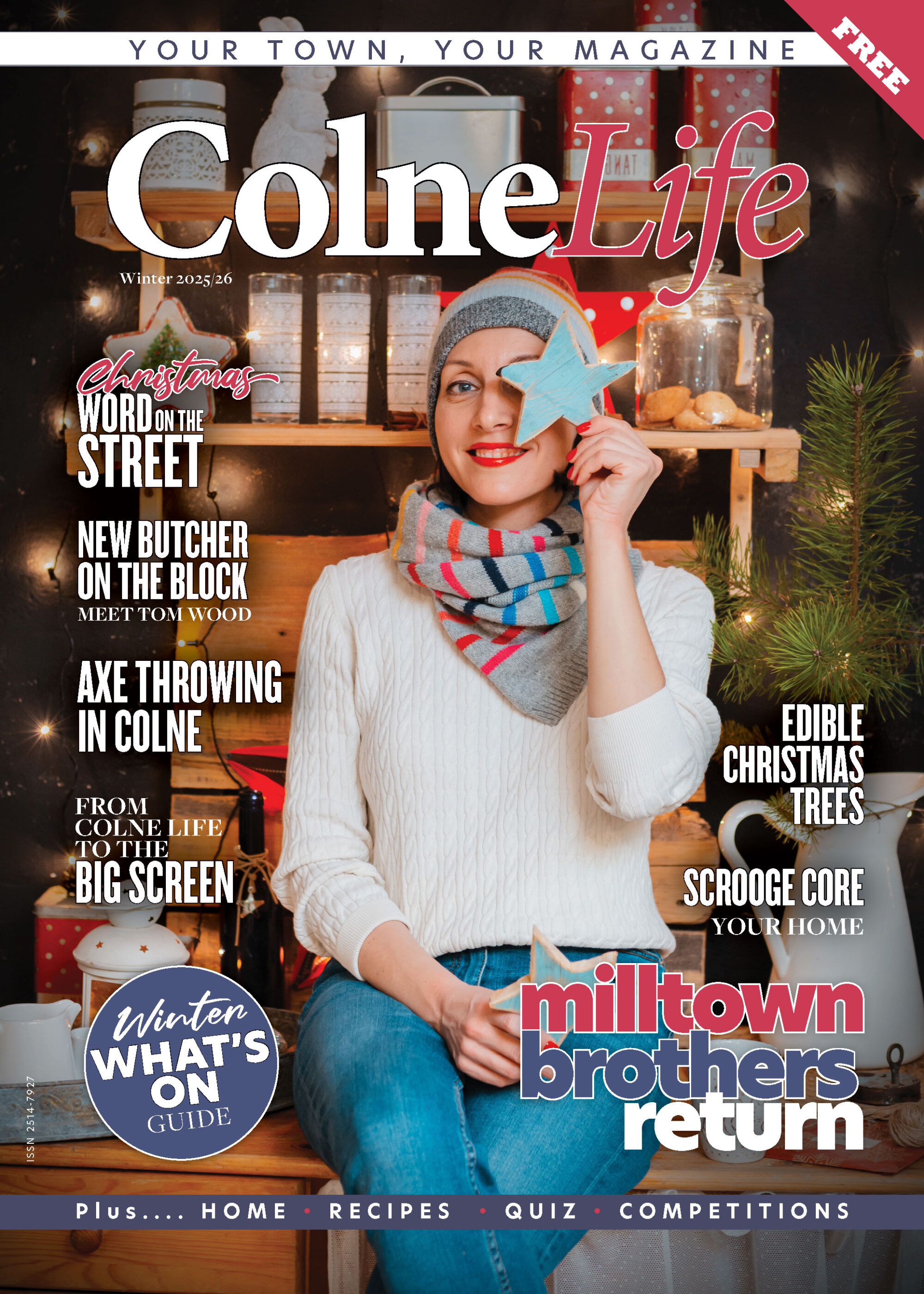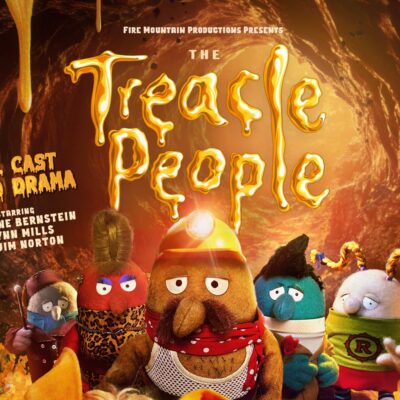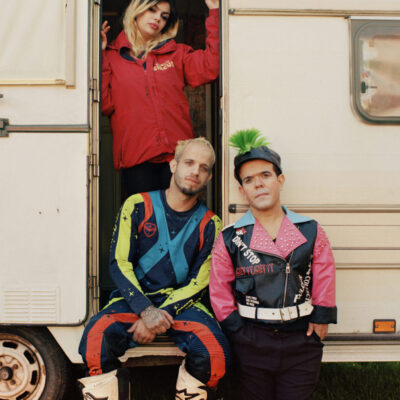
Neologisms 2023 – New Words
by Isobel Gostling
neologisms /nɪˈɒlədʒɪz(ə)m/ noun. plural noun: neologisms. A newly coined word or expression
Every year, new words enter the dictionary, and 2023 is no exception, with a tidal wave of words added to help define new and evolving concepts. From words shaped by today’s news to strange, little words relating to cake, aliens, and words, here’s a selection that made it into the dictionary this year.
The internet:
The place where we all create new things every day, the internet, of course, has provided us with loads of new words in 2023.
Deepfake – a word that has grown drastically in popularity recently due to the fast growth of artificial intelligence. A deepfake is a video of a person created by AI whose face and body have been digitally manipulated to look like someone else. These fake videos are hard to distinguish from real videos, so the technique is most commonly used to spread false information online. However, the technique was initially created to be used in art and cinema.
Finsta – short for Finstagram, it is a mash-up of the term ‘fake Instagram’. It refers to an Instagram account that is kept secret, usually so that a person can limit their interactions to only a close group of friends, making their Instagram posting more private.

Doomscroll – a word you may be familiar with from the days of lockdown. Despite being popularised in 2020, it is only this year that doomscroll entered the dictionary. The verb means constantly scrolling through social media and news sites, compulsively reading sad or anxiety-inducing content.
Smishing – Have you ever received a scam text message? Now, there’s a word for it. Smishing is sending texts that pretend to be from reputable companies to trick the receiver into giving out their confidential information, such as credit card details.
Sexuality, identity and relationships:
Our understanding of sexuality and relationships is constantly expanding, and here are some new terms to help clarify things for you.
Abrosexual – the newest addition to the dictionary regarding sexual identity. It refers to a person whose sexual orientation is fluid or varies over time, with the prefix ‘abro’ coming from the Greek, meaning graceful and delicate, perhaps about the fluctuation of their sexuality.

Folx – a variation of the word ‘folks’, folx has been used since the 90s as a gender-neutral term, but only recently has it made its way into the dictionary. The X as a suffix can be seen in many LGBTQ+ words, such as the honorific Mx. rather than Mr. or Miss, and signifies gender inclusivity. (If you’re wondering how to pronounce it, the x in folx stands in for the ‘ks’ sound).
Nearlywed – copying the well-known term ‘newlywed’, nearlywed means precisely what it sounds like it means: a person in a relationship who is not yet married. It can refer to an engaged couple or simply a couple who don’t plan to marry but live together in a committed relationship.
Climate crisis:
A topic that looms large on the news, climate change has made its mark on our words.

Climate fiction – a new genre, dubbed cli-fi, that explores themes of climate change: fluctuating temperatures, rising sea levels, and the need to prevent these things can be found in these books.
Forever chemicals – chemicals that maybe don’t last forever, but indeed a long time. This term is used for perfluoroalkyl and polyfluoroalkyl substances (PFAS for short, which has also been added to the dictionary). These chemicals are everywhere: in fridges, nonstick pans, and flame-retardant furniture. They degrade very slowly, lasting for hundreds of years in our environment.
Lifestyle:
On a lighter note, here are some new words you might have heard at home or around the office.
Cakeage – modelled on corkage, a word that means a fee charged by a restaurant for bringing wine from outside; cakeage is its fun cousin: a fee for bringing cake the restaurant has not supplied itself. Ever had to pay for the waiters to serve your supermarket-bought birthday cake? Yep, that’s the cakeage fee.

Cape – a verb used to mean acting as a defender/supporter of someone/something. Presumably, this comes from the idea of a superhero.
Quiet quit – a term that means doing the bare minimum amount of work for your job, never exceeding expectations or volunteering for extra work.
Fun extras:
Tifo – coordinating banners, flags, or signs at a sports event to spell out a group show of support. The word originates from Italian, meaning ‘typhus’, a fever, because of the passionate (or feverish!) way people cheer their team on.
Antigram – like an anagram, except opposite. Antigrams are pairs of words or phrases that are anagrams of one another but hold opposing meanings. ‘Listen’ and ‘silent’ are antigrams because they share the same six letters but mean contradictory things. More extended examples include ‘true lady’ and ‘adultery’, and ‘real fun’ and ‘funeral’.
Cromulent – an old-fashioned sounding word new to the dictionary in 2023. Cromulent is a neutral word, meaning acceptable, adequate, or satisfactory. So if those three words aren’t good enough, you might want to mix it up and use cromulent.
Aestel – more technical than the previous few words, an aestel is a pointer used to keep a person’s place when reading a manuscript.
And finally, a change to an old classic:

UAP – this abbreviation stands for an unidentified aerial phenomenon; if you didn’t know, it’s the updated term for UFOs. UAPs are, as you might have guessed, mysterious flying objects assumed to be spaceships. UAP doesn’t have quite the same ring to it.
Words, words, words!
The new words of 2023 help us to understand one another and the world around us better. Here’s hoping that 2024 has more wonderful words around the corner.
ColneLife Winter 23




